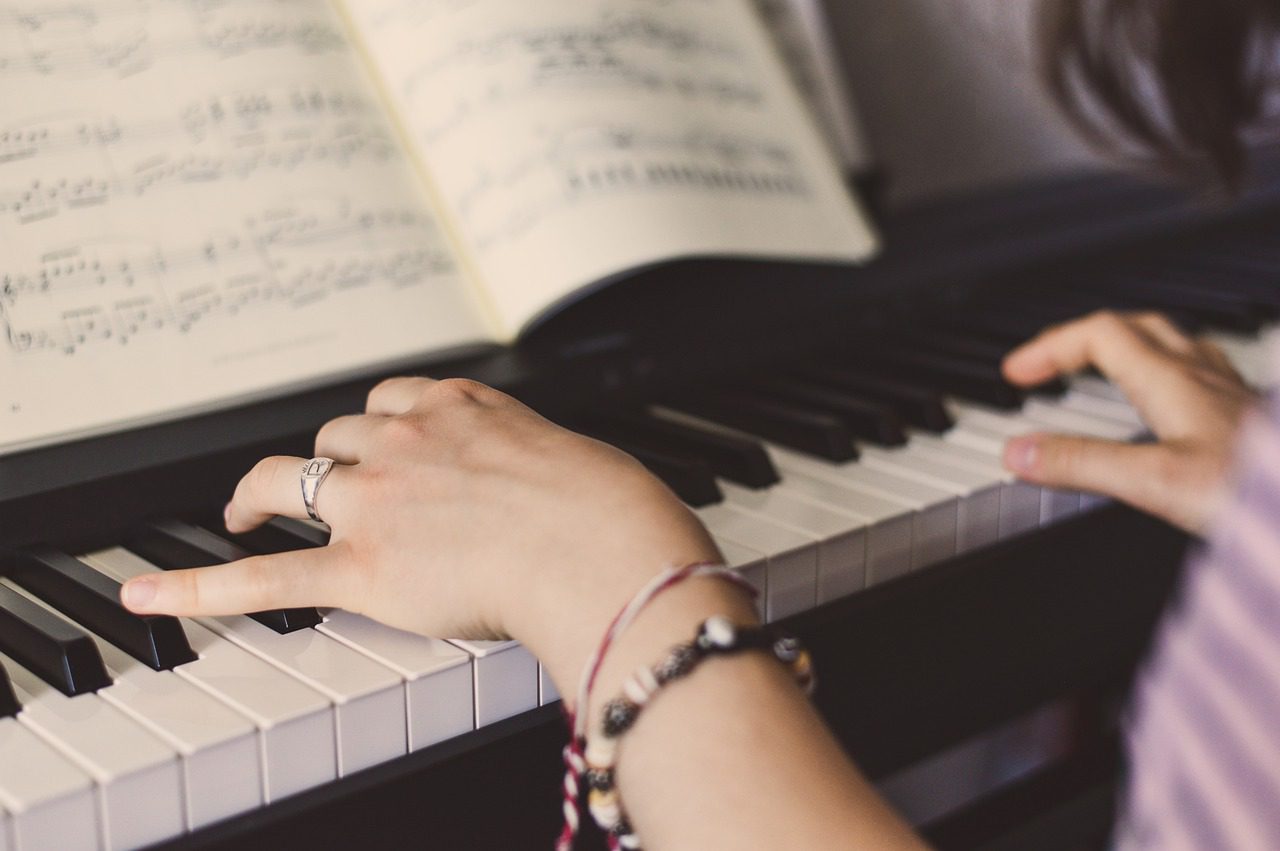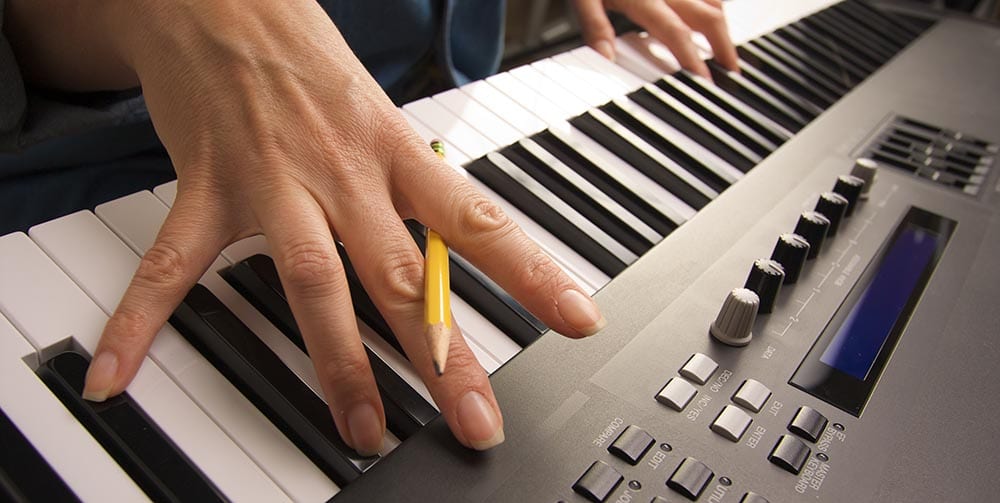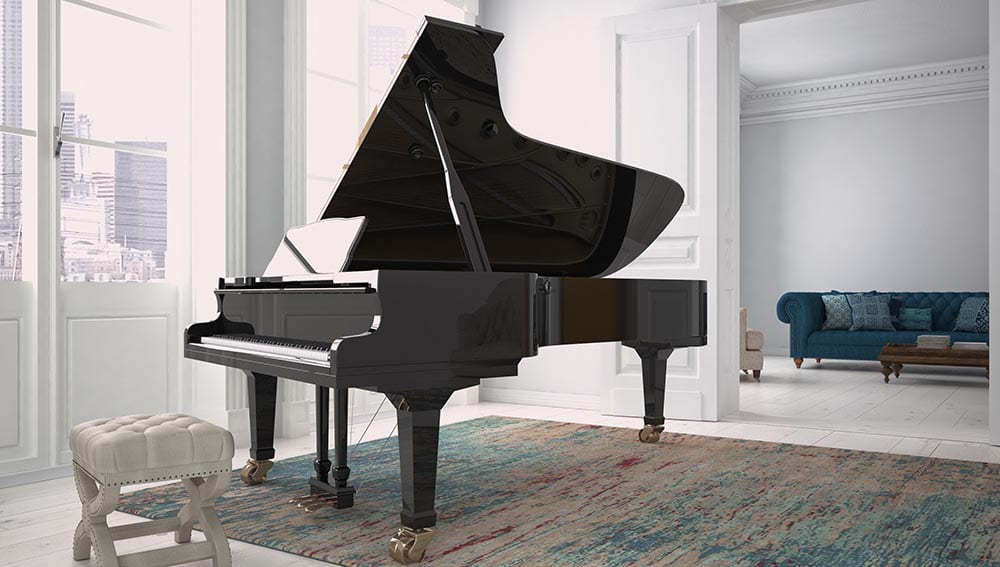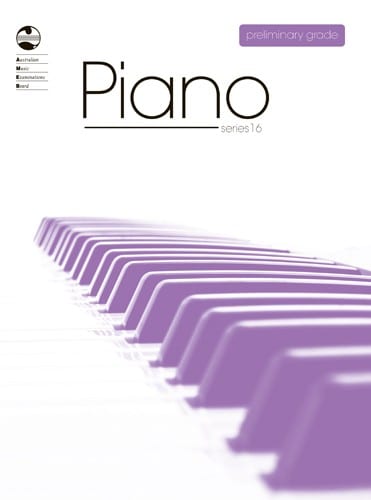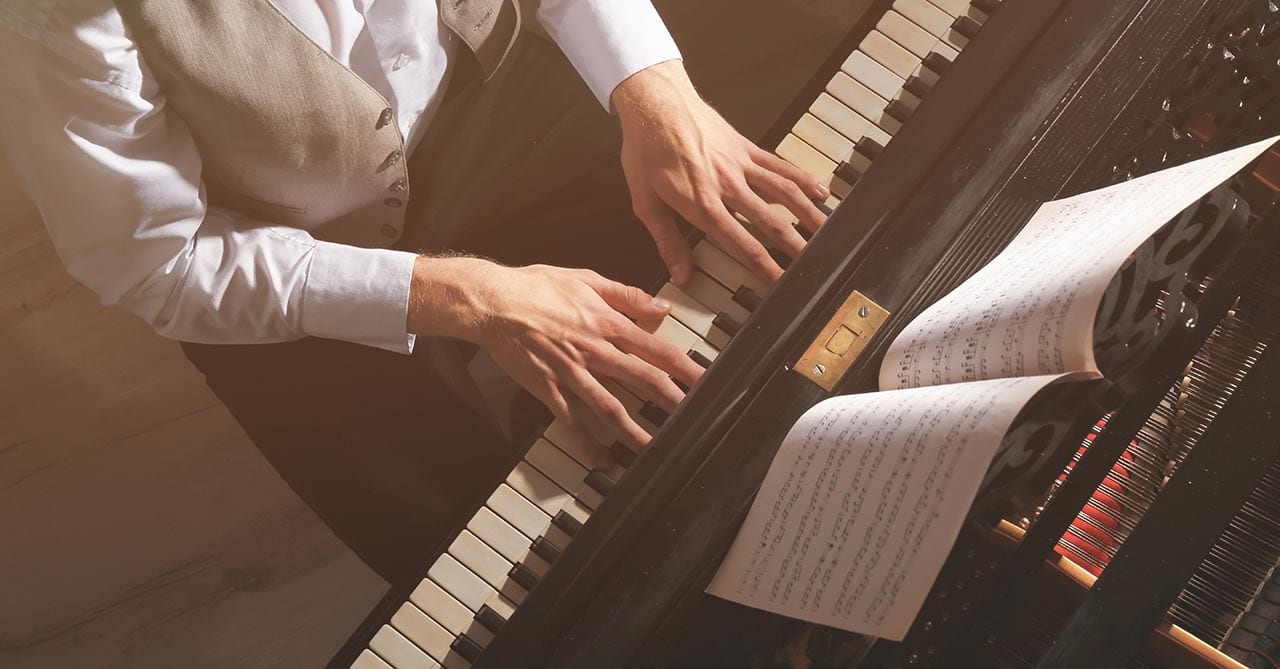The baroque period covers the formative years of piano composition. Spanning roughly from 1600 – 1750, the baroque era of music saw a generation of composers engrossed in the organ and the harpsichord, a keyboard instrument that preceded the grand piano.
Baroque composers set the scene for the grand piano, which wouldn’t become popular until Lodovico Giustini composed his grand piano sonatas in 1720s-1730s. Some of the most influential organ, harpsichord and grand piano composers of the baroque era include JS Bach, Giustini, Giovanni Benedetto Platti and Domenico Scarlatti, all of whom worked in Italy and/or Germany.
Johann Sebastian Bach (1685–1750)
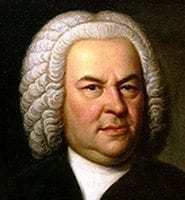 Johann Sebastian Bach had the good fortune of being born into a talented musical family. His father, Johann Ambrosius, was the director of musicians in the town of Eisenach which sits in modern day Germany.
Johann Sebastian Bach had the good fortune of being born into a talented musical family. His father, Johann Ambrosius, was the director of musicians in the town of Eisenach which sits in modern day Germany.
As a child in Eisenach Johann Sebastian mastered the arts of violin, soprano singing and the harpsichord – a piano-like instrument popular in classical music at the time. At nine years old Johann Sebastian was orphaned and went to live w ith his older brother Johann Christoph who encouraged him to study musical composition as well as teaching him to play the organ.
JS Bach’s career bloomed as he entered adulthood and played on organs across the region. Primarily working as a church organist, Bach wrote more than 200 cantatas in his lifetime and became one of the most prolific and influential composers of the baroque period and indeed of all time. He is remembered particularly for his masterpieces: Brandenburg Concertos, The Well-Tempered Clavier, and the Mass in B Minor.
Lodovico Giustini (1685–1743)
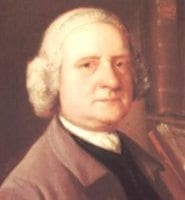 Giustini is credited as the first musician ever to compose music for the piano. His most well-known collection of sonatas, Sonate da cimbalo di piano e forte detto volgarmente di martelletti, Op 1, was published in 1732 and famously demonstrated the exciting new sound nuances and expressive capabilities of the piano.
Giustini is credited as the first musician ever to compose music for the piano. His most well-known collection of sonatas, Sonate da cimbalo di piano e forte detto volgarmente di martelletti, Op 1, was published in 1732 and famously demonstrated the exciting new sound nuances and expressive capabilities of the piano.
Although modern musicians might struggle to recognise Giustini’s works as avant-garde, it was thirty years before another composer would write music specifically for the piano.
Giovanni Benedetto Platti (1697–1763)
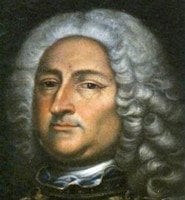 Platti was an Italian virtuoso, tenor, oboist, violinist and composer who spent most of his adult life living and working in Würzburg, Germany.
Platti was an Italian virtuoso, tenor, oboist, violinist and composer who spent most of his adult life living and working in Würzburg, Germany.
Platti worked as a court musician under the Prince-Bishop of Bamberg and Würzburg. He stayed on at Würzburg from when he was in his early twenties until his death in 1763, surviving through multiple monarchs. Platti is known for his harpsichord sonatas.
Domenico Scarlatti (1685–1757)
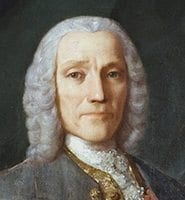 Born in Naples in 1685, Domenico Scarlatti followed in the footsteps of his well-regarded father to become a musical composer. But while the older Scarlatti wrote music for the voice, Domenico was enthralled by the wonders of the keyboard and wrote prolifically for the harpsichord.
Born in Naples in 1685, Domenico Scarlatti followed in the footsteps of his well-regarded father to become a musical composer. But while the older Scarlatti wrote music for the voice, Domenico was enthralled by the wonders of the keyboard and wrote prolifically for the harpsichord.
Scarlatti made such an impression on baroque music that he is even credited with expanding the musical possibilities associated with the harpsichord.
If you’re ready to start your piano journey, visit one of our three piano showrooms in Sydney today.



 April 17, 2016
April 17, 2016
